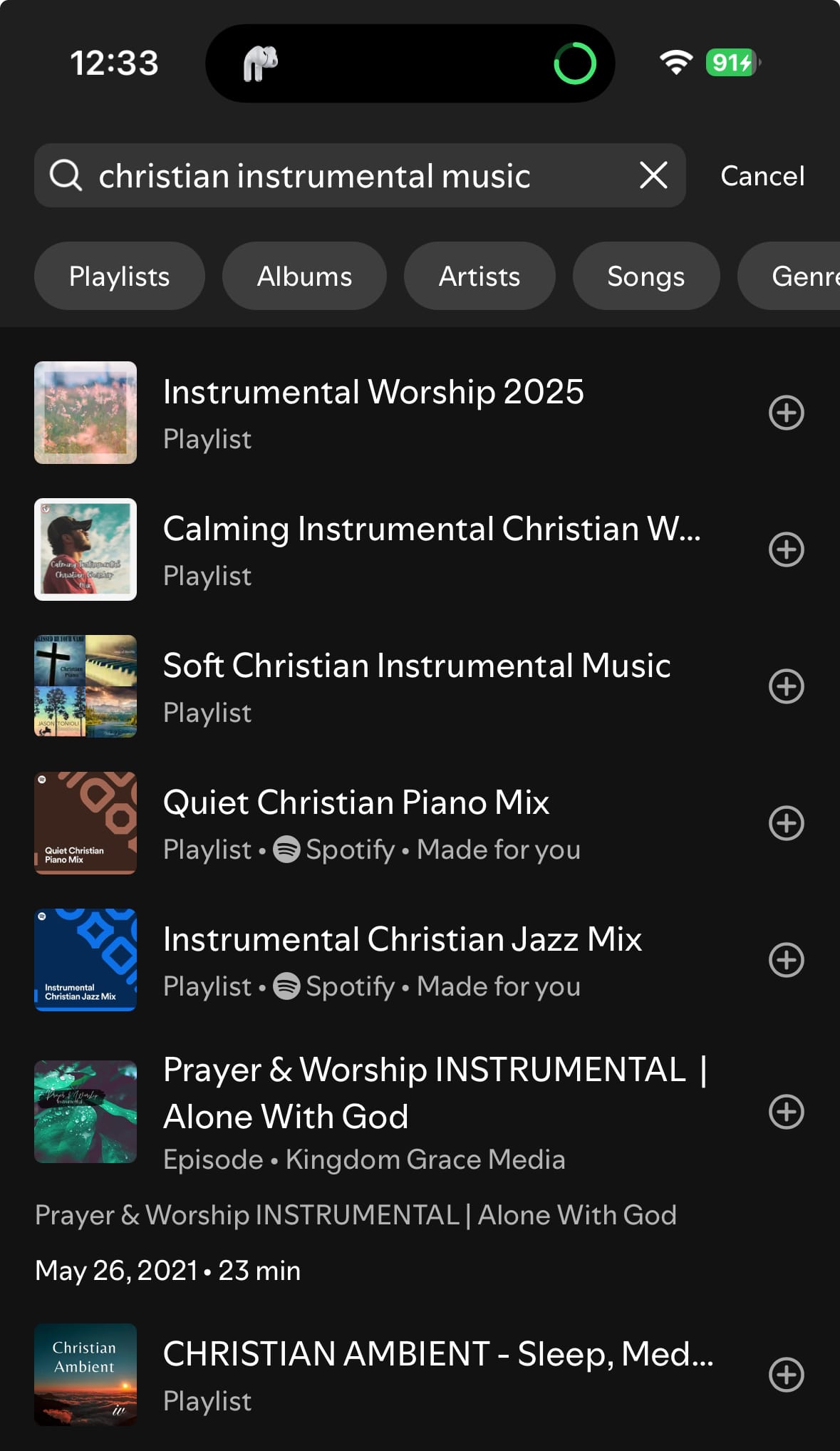Maybe You Should Be Playing This Music, Too

A recent LinkedIn post by the President of California's two non-commercial Classical music stations heralded their strong ratings with this intro:
In stressful times, Classical California comes through. The December ratings (which measure November listening) show a need for a Great Escape to Classical in SF. And also a record 3 share for our KUSC in LA. #classicalrules.
In markets this big these are huge ratings.
But is the interpretation correct? Is Classical the go-to in stressful times because it's Classical? Does #classicalreallyrule?
Classical has at least three advantages. First, it's the only one on the dial. Which makes sense, because the market for Classical music is...small.
Second, Classical is the oldest-appealing music in existence, let alone on any radio dial. That means it has an audience all to itself - an audience of older folks (a large population), not necessarily Classical folks (a small population).
And third, Classical is something else: It's the most background of formats radio has. As an industry we vastly underestimate the interest in background formats and styles.
Once upon a time radio had something called Beautiful Music (Google it, kids) - but today, the closest thing is (wait for it) Classical. That's why the KUSC manager stresses words like "escape" and relief from "stressful times." I'm quite certain that when Mozart was composing his complex symphonies he did not imagine his goal to be "escape" and "stress relief."
So what does any of this have to do with Christian radio? Do I want you to play Classical music? Absolutely not.
But like the rest of radio, the CCM format also vastly underestimates the interest in background genres and styles. Already the research for our format shows that "escape" and relief from "stressful times" are key drivers for our listeners and fans (and that's especially true for fans new to the format who translate "hope" and "encouragement" as "escape" from "stress").
After all, Christian music is more than spiritual and inspirational, it's transformational, it's comforting, it's calming. It is the antidote not only to chaotic times but to that tight grip on the steering wheel you feel when a driver cuts you off.
But must it always be vocal? What would an instrumental version of our format sound like? When my mood is foreground, vocals are just what I want, but when my mood is background...well I guess I'll go to Classical - or Spotify.
Speaking of Spotify, check it out and you'll find pages of Christian music playlists with labels like "instrumental" and "quiet" and "ambient" and "spa" and "relaxing" and "peaceful" - all Christian music. None on the radio.

Look, I'm not suggesting you "change formats" but I also think it's worth considering whether it makes any sense to mix this music in here and there - even if it's only at night or overnight (when "relax" and "escape" is what most folks want) or a specialty show on Sunday night, or even its own dedicated stream (can you picture a "Relaxing Christian Music" stream? I certainly can. Now show me even one CCM station that has one).
You'll never know until you try it. But don't underestimate the demand from your current and potential audience for background music and the benefits of stress reduction that come along with it.
So is this really "format change?" No, it's matching the content of our brands with the moods of our audience in the places and times when those moods dominate. The same way we go All Christmas in December.
Because that's what folks want and when they want it, even from us.
Mark Ramsey Media does audience research for Christian Media - Perceptual research, digital studies, donor studies, music studies, etc. Learn more here. Call Mark at 858-414-4191 or email markramsey@mac.com.
And if you want a strategy to solicit major donors to pay for your research, look here and download this Listener Impact Study solicitation for donors from WAKW-FM.
Want to sign up for this newsletter? Do that here.






Member discussion